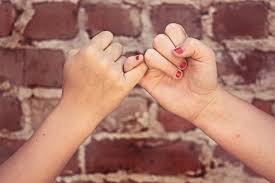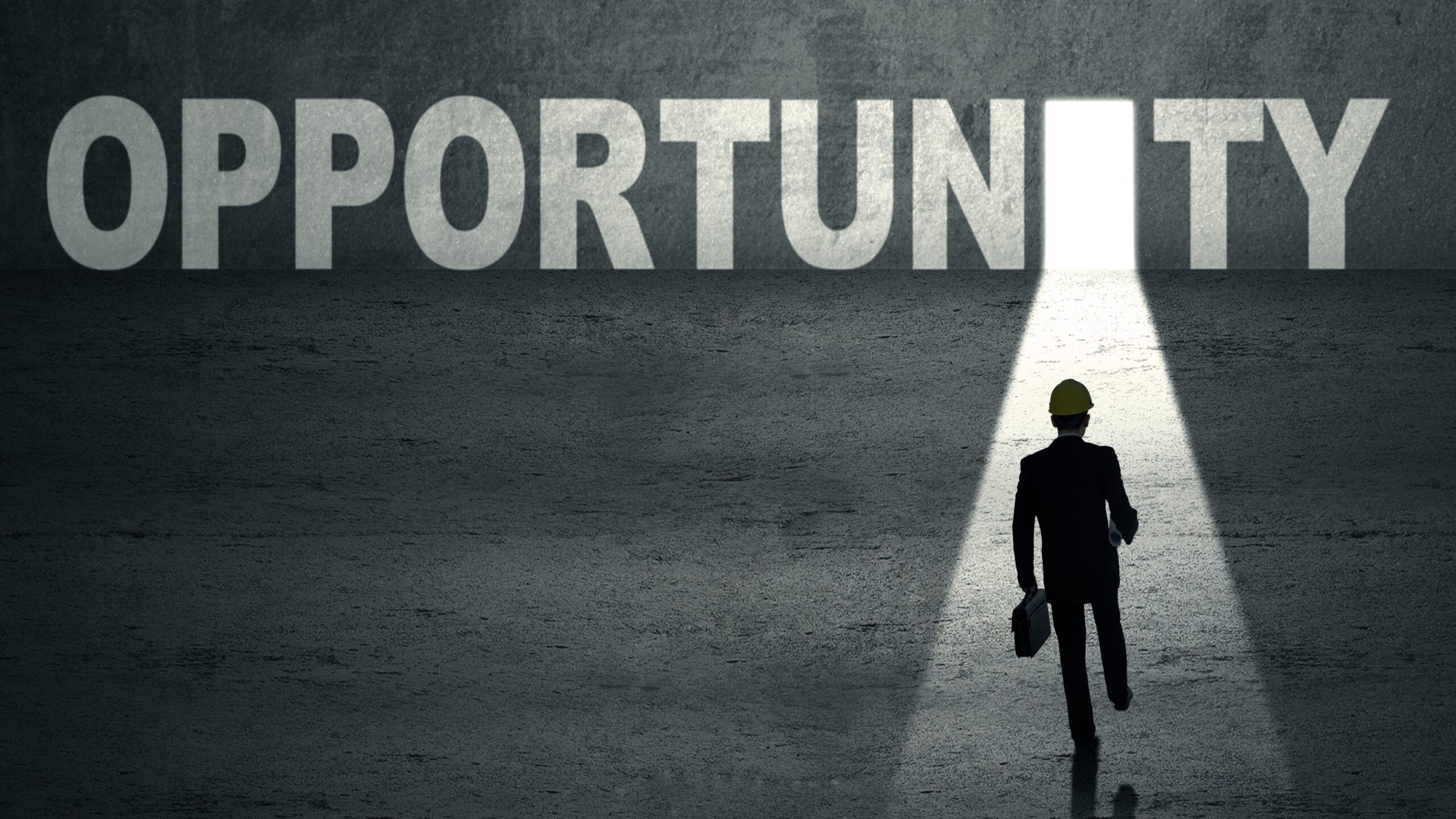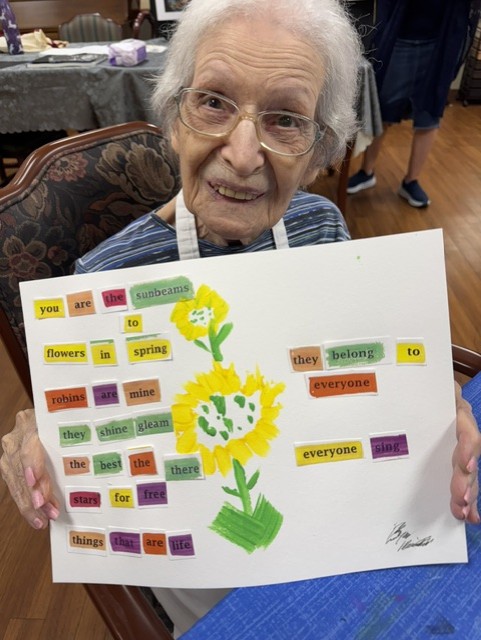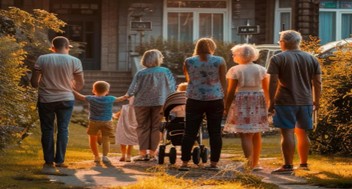Community is a core concept that we value deeply at United Church Homes. When the Board, staff and residents gathered in 2015 to articulate a new vision, mission and values for the organization, community was mentioned a lot! In the final versions, it remained in our vision — United Church Homes: Where the Spirit creates abundant life in community. It is also central to our mission, which undergirds our daily work — Our mission is to transform aging by building a culture of community, wholeness and peace.
Importance of Community
In the meantime, there has been a great deal of research that supports the importance of community in our lives as we age. Given that more people are aging in place, in the homes where they have lived for extended periods of time, community takes on new importance. As our bodies are less mobile and, sometimes, we live with challenges that prevent us from going out of our homes, finding new and strengthening existing connections with the outside world becomes important.
Then there is the fact that for many, our children and grandchildren do not live near us to assist us as we face challenges that arise. So, who are the people in our network of support, in the community around us, to connect us to the larger world? As Brene Brown says, we are hard-wired for connection. And when those connections are weak or are lost, we are at risk. (Social Isolation, Loneliness in Older People Poses Health Risks, National Institute on Aging)
Combating Loneliness, Isolation and Depression
There is an epidemic at work around the globe. It is a health crisis for the number of people who experience loneliness, isolation and depression as they age. The effects are similar to smoking about 15 cigarettes a day. Loneliness, isolation and depression are the result of disconnection. Community enters the discussion, playing a key role in the prescription to combat these factors that decrease the quality of and the length of an individual’s life.
In the coming weeks we are going to consider different aspects of community. But let me start with the role of friendships. (Good Friends Might Be Your Best Brain Booster As You Age, Judith Graham)
In a study at Northwestern’s Feinberg School of Medicine, they are working with 31 older men and women with exceptional memories and 19 cognitively ”normal” older adults about their psychological well-being. The “SuperAgers” stood out in their reporting of having “satisfying, warm, trusting relationships.”
Ruth Super Friend
Take a former parishioner that I had the privilege of knowing. Ruth was widowed while in her 30s and completed the home that she and her husband and designed before his untimely death. She finished the house, raised their two preteen children and picked up a new career in insurance. By the time I knew her, she was in her 70s having retired several years previously. She participated in the community women’s chorus, was a very active leader in the church serving many formal and informal leadership positions. She was passionate with her support of an affordable housing community in our town and “interviewed” and welcomed every new resident for close to 20 years.
When she was well into her 80s, we asked Ruth what her secret was to her vibrant life. “Have friends who are younger than you are.” It wasn’t the answer that I expected. But I realized that it was true. Sure, she had long relationships with others who were her contemporaries, going back to high school. But she traveled the world with Pat, another church member, who was 15 years her junior. She was also good friends with her daughter. She knew that those who are our own age move away or die. In order to connect with the world and to continue to have friends, it is helpful to expand the age range of those friendships.
Make New Friends and Keep the Old
As the song says from my days in scouts, we need to cultivate all kinds of friendships. Those friendships that are long standing are “gold.” But new friendships are also important. For many, all of these friendships can be the vital link to the larger community.
Having moved within the last year to a new city, I can attest to the fact that making new friends is hard work. My experience is not unusual. Friends of mine moved recently to a new community hundreds of miles from their former home in order to be nearer family. I related the similar struggle. Making friends is hard.
But try we must. This work can be more difficult for those of us who are more introverted. But the rewards may literally be life giving for all of us. The patterns of friendship building that we learn as children need to be cultivated throughout our lives. Our current home is likely not the last place we will live. There will be new places to call home. There will be new opportunities to meet others who are younger and older than ourselves. And we must do the hard work of building friends throughout our lives.
Friendship Link to Community
Where do you find new friends? What do you do to cultivate those long-standing friendships? What do you value most about your friendships?
May you find ways to connect to your community through the friendships that await you. It is good for your health. Your friendships are good for their health. And together, friendships are great for the communities in which you live.
Watch for the upcoming community-themed blogs as our writers consider the role of family, the birth of new communities, connections through small groups, the role of the community of saints and our relationships in faith communities.
5/2/19 14:35
View all articles by:






















